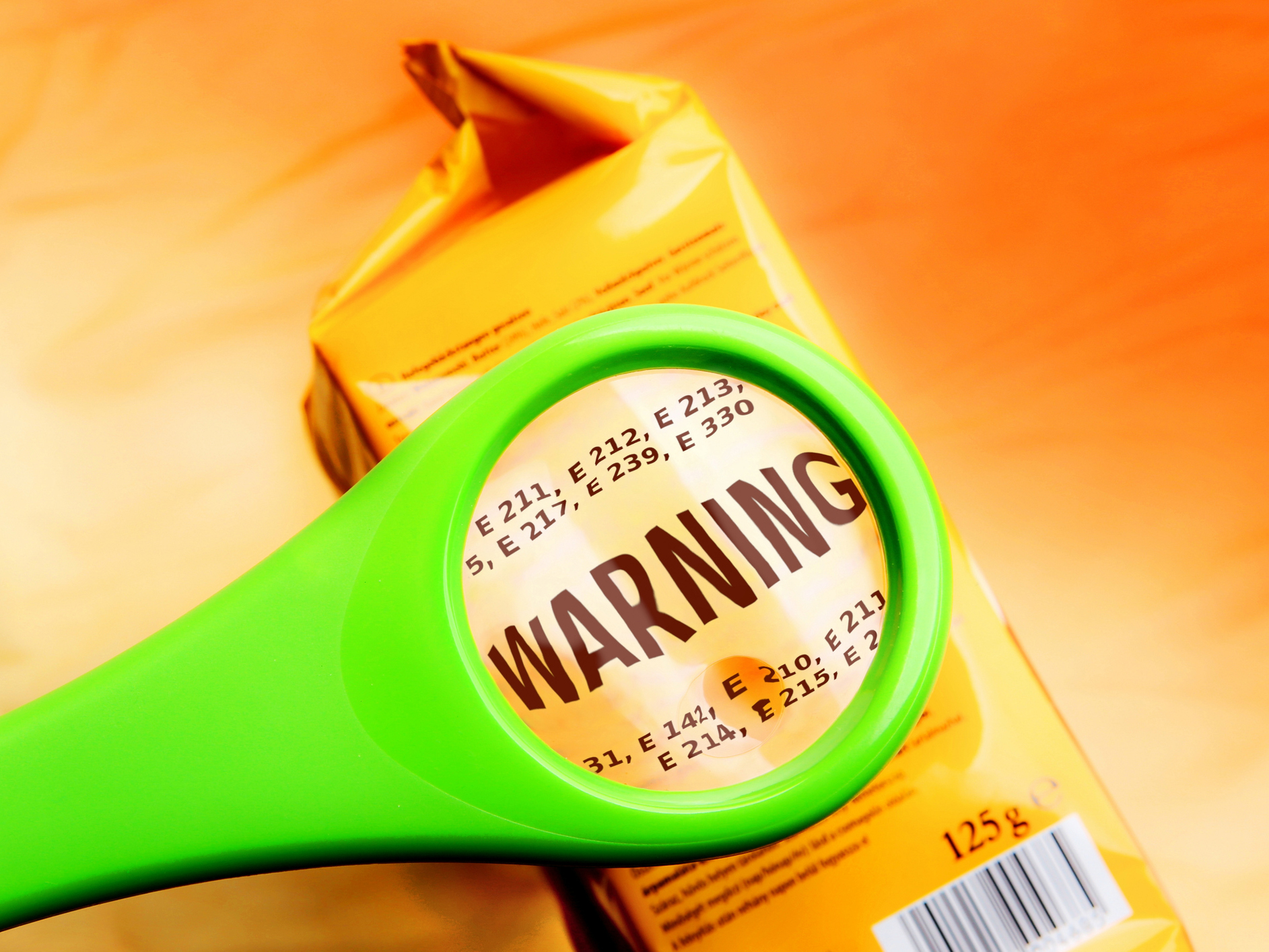Get Easy Health Digest™ in your inbox and don’t miss a thing when you subscribe today. Plus, get the free bonus report, Mother Nature’s Tips, Tricks and Remedies for Cholesterol, Blood Pressure & Blood Sugar as my way of saying welcome to the community!
This immune-suppressing food additive makes fighting viruses harder

The flu’s terrible no matter what time of year you get it. But there’s something extra awful about being sick in the spring or summer.
You can hear kids playing outside, your neighbors taking their dog for a walk, people riding their bikes.
Meanwhile, you’re covered in dirty tissues trying to motivate yourself to walk from the couch to the bathroom.
Now, you may already have a bunch of tricks up your sleeve for keeping the flu from taking hold this spring and beyond.
Maybe you get the flu vaccine every year, take special herbs or pump yourself full of vitamin C.
But whatever you do to keep yourself safe from the flu, I have a flu-fighting tip that I guarantee you’ve never heard before…
Avoiding tert-butylhydroquinone (tBHQ).
It turns out, this common food additive suppresses the immune system paving the way for a dangerous flu bug run rampant.
tBHQ weakens immune system fighting T-cells
If you’ve ever read the label on junk foods like CHEEZ-IT Crackers, Eggo Waffles or Reese’s Peanut Butter Cups, you’ve probably seen the food additive tert-butylhydroquinone (tBHQ) mentioned.
Tert-butylhydroquinone (tBHQ) is an antioxidant from petroleum that’s used to preserve food.
And a new study shows this common food additive suppresses the immune system, making flu symptoms more severe.
Related: Get over the flu faster
It also makes the flu vaccine less effective by compromising T-cells, those important immune cells that come to the rescue when you have the flu.
More specifically, Michigan State University researchers found that mice with tBHQ in their diet had less active helper and killer T cells.
Helper T-cells tell other parts of your immune system what to do, essentially coordinating an effective immune response. Killer T-cells track down and kill infected cells.
Without these two important immune cells operating at full capacity, mice got sicker and had a harder time overcoming the virus.
Mice eating tBHQ were also more likely to become re-infected with a similar flu strain, which means that the immune system “memory” that protects us from getting similar viruses repeatedly wasn’t working.
Why is tBHQ so bad for the immune system?
Researchers suspect it influences certain proteins that suppress the immune system… the last thing you need during flu season (which lasts from October to May, BTW), or anytime, really.
Steering clear of tBHQ
As you may know, T-cells don’t just play a role in fighting the flu. They fight other infectious diseases and prevent cancer. So, too much tBHQ is bad for you in more ways than one.
Unfortunately, tBHQ can be tricky to avoid. You can start by reading labels, but tBHQ isn’t always listed on ingredient labels. Sometimes, tBHQ is used to fry a chip or French fry and you’re none the wiser.
Luckily, there is a trick you can use to avoid tBHQ without reading every label you come across…
Cut out processed foods… especially those with unhealthy fats.
tBHQ is mostly used to stabilize fats in processed foods. So, if you stop eating the foods tBHQ’s most likely to be in, you won’t have to stress that this immune-suppressing additive is hiding in anything you’re eating.
Editor’s note: Did you know that when you take your body from acid to alkaline you can boost your energy, lose weight, soothe digestion, avoid illness and achieve wellness? Click here to discover The Alkaline Secret to Ultimate Vitality and revive your life today!
Sources:














